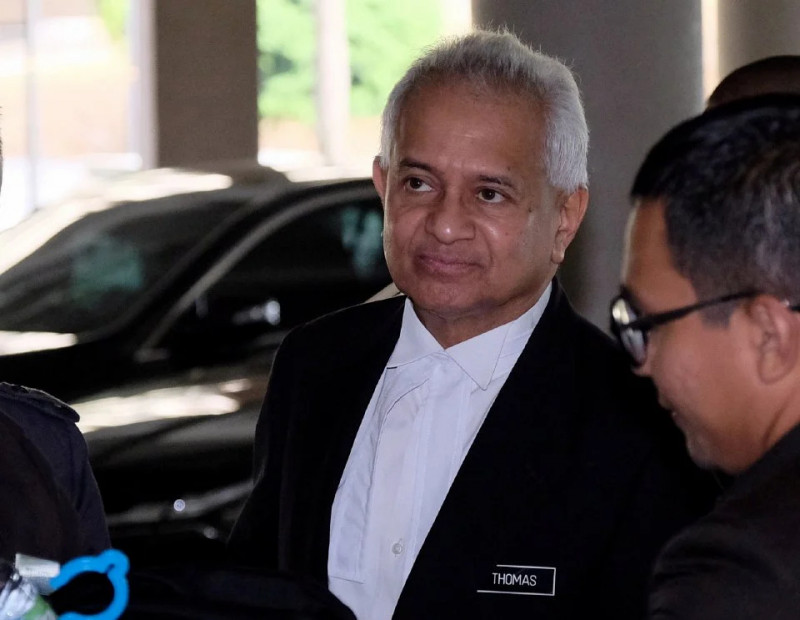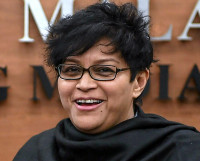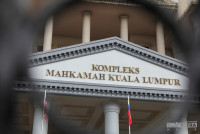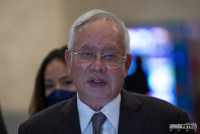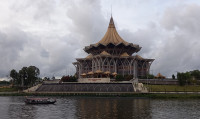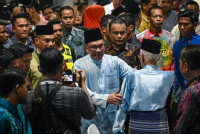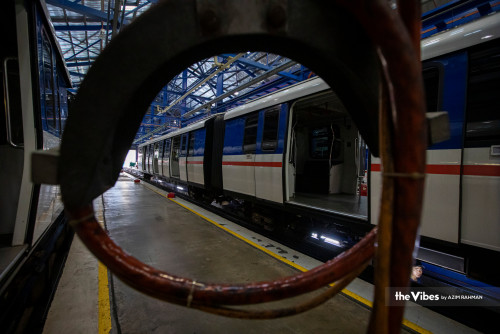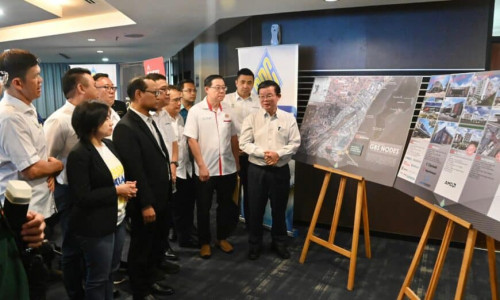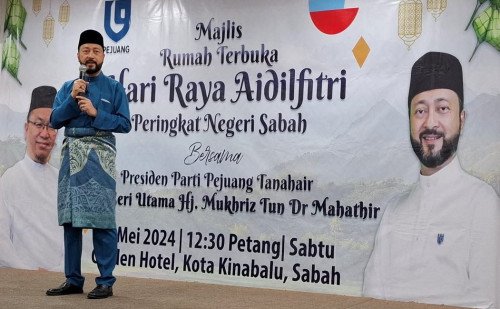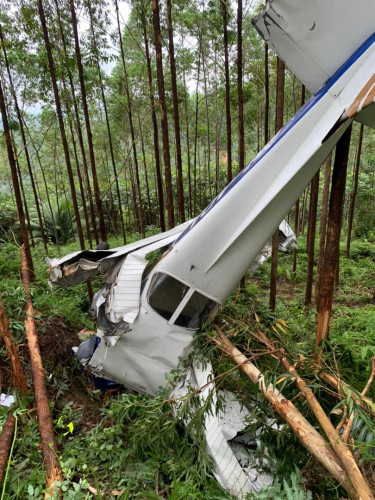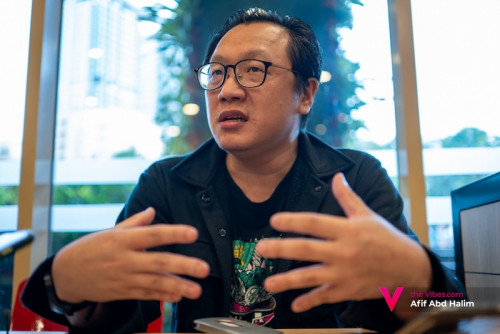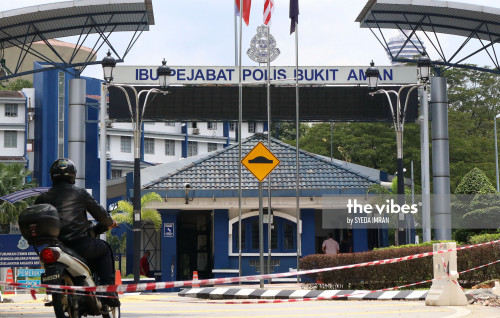KUALA LUMPUR – The stymieing of public interest litigation (PIL) in Malaysia has come under a blistering new spotlight as Tan Sri Tommy Thomas chided the country’s judiciary for whipping up the “locus standi” card and hampering access to justice.
The former attorney-general said the legal fraternity and the judiciary should undertake more PIL cases to ensure that the federal constitution’s focus on fundamental liberties, as enshrined in part 2 of the document, receives wider interpretation.
Thomas said the Malaysian judiciary has yet to emulate its Indian counterpart in allowing more PIL cases to be heard – instead of being dismissed on grounds of locus standi.
The issue of locus standi is critical as it refers to one’s right or standing to bring a legal action to a court of law. Judges have been known to dismiss attempts to bring public interest matters to court on grounds that the individual or group pursuing the matter lacks locus standi.
Thomas said that the Indian courts throughout, except for an odd review, would even strike constitutional amendments passed on a two-thirds majority in the nation’s Parliament as being unconstitutional, therefore protecting and enlarging fundamental liberties.
“Whereas our courts, as you know, never did that,” he said. “So that is the result. It is a failure on the part of the courts, sad to say.
“Because for both cases, the executive was minded to shrink space, Parliament was controlled by the executive, (and) it was the judiciary left to do its duty.
“One judiciary did its duty and one did not do it so well.”
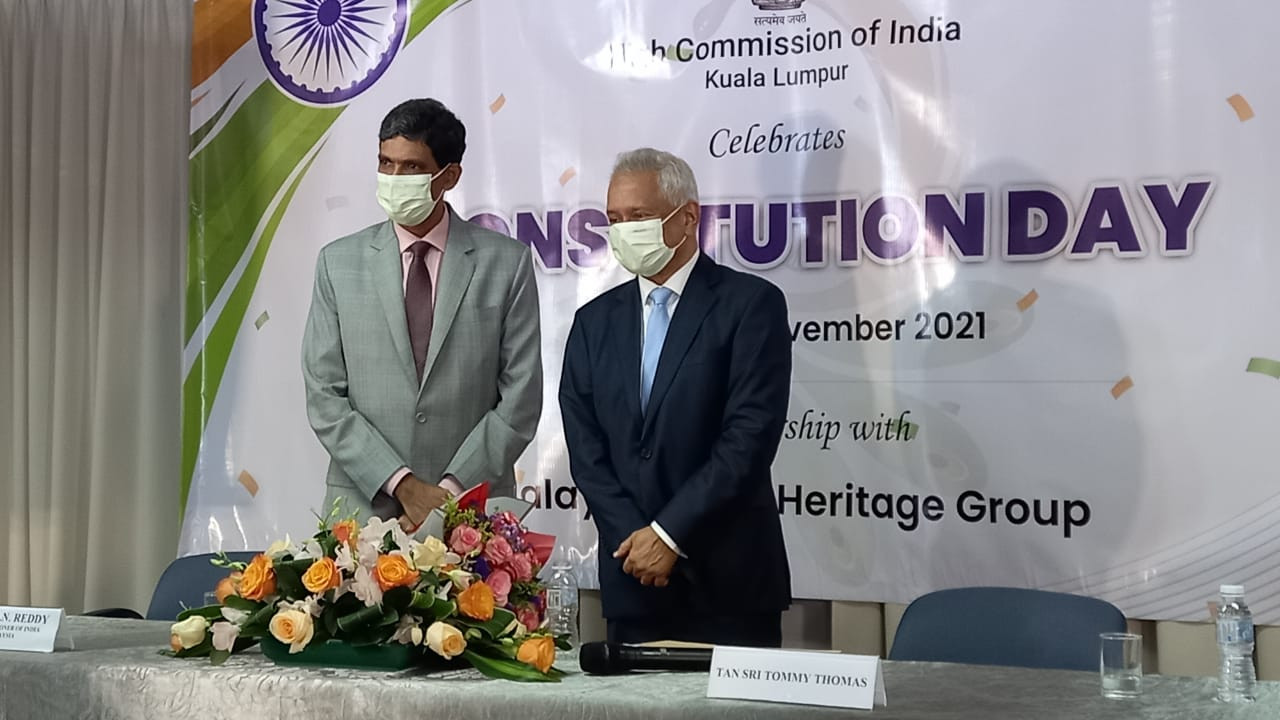
Thomas said this when fielding questions after his keynote address at the High Commission of India’s Constitution Day commemoration on Friday. The event was held at the Netaji Subhash Chandra Bose Indian Cultural Centre in Brickfields here.
Also present at the event was High Commissioner of India to Malaysia B. N. Reddy.
“If you ask the question, are all those under Article 31 (of the India’s constitution regarding life and liberty) examples in India being reproduced in Malaysia because we have the (same contents) under Article 5 (of the federal constitution) regarding life and liberty as well?
“But we don’t have all of those because our judges have not accepted them,” he said.
Thomas earlier explained that PIL involves a court relaxing the strict requirements of traditional adversarial-style litigation in a common law system, in limited circumstances, to allow indigent persons or disadvantaged groups access to justice.
“The most critical relaxation was widening the test for standing to sue,” he said.
“If the person who has the requisite locus standi is too poor to sue, anyone else acting in good faith can move a petition on his behalf,” he said.
Lawyers contributing to ‘black spots’ in courts
In an effort for local judges to hear more similar cases, Thomas said the task at hand is for constitutional lawyers to find more litigants who are brave enough to take these matters to court, to put the matter to test and get the judges to follow up on it.
“One area which we are really far behind is our public interest litigation,” he said. “As you know, our judges are obsessed with locus standi and they use that as a massive obstacle to prevent access to justice.
He added that among the Malaysian courts’ “great black spots or narrative” is that even the lawyers can be difficult in allowing PILs to go ahead. However, judges should be robust enough to allow the legal actions to be pursued.
“The lawyers put forth their arguments and they do not want to hear the matter on their merits.
The lawyers are the troublemakers firstly, but if you have strong judges who say ‘don’t be silly’, ‘don’t stop me’, (it would not be the case).
“First of all, when a judge is told by a lawyer, ‘please don’t hear the case because the litigant doesn’t have locus standi’, effectively you are telling the judge, ‘don’t hear the case’, ‘shut down the court door’, ‘deny access’.
“The judges should say: ‘No, we are being paid, we have a monthly salary, and we have come here to hear a case’.
“They must be robust. We don’t have that. We have to somehow educate our judges,” he said.
Reid Commission referred heavily to Indian constitution
In his speech, Thomas touched on the Indian influence on Malaysia’s federal constitution.
He said this coincided with India’s independence in 1947 and establishment as a republic under its constitution in 1950.
“This inspired our founding father, Tunku Abdul Rahman (Putra Al-Haj) who was legally trained in England and comfortable with the Westminster system of government and the primacy of the common law,” he said.
Hence, it was Tunku, Malaya’s first popularly elected chief minister, and subsequently first prime minister, who insisted on a commission of experts from the Commonwealth to study and advise on a written constitution for independent Malaya.”
He further said the Constitutional Commission established in 1956 under Lord William Reid comprised five distinguished jurists, including B. Malik, a former chief justice of the Allahabad High Court (in Uttar Pradesh, India).
“Reid Commission borrowed heavily from the Indian constitution, including the chapter on fundamental liberties.
“The supremacy of the constitution is also recognised. Other similarities include federalism and judicial review.
“Justice Malik’s influence was thus substantial. It therefore comes as no surprise that from the first constitutional case to come before our courts in the late 1950s to the present, Malaysian counsel invariably refer to cases decided by the Supreme Court of India and our judges often quote and rely on these cases.”
“I can personally vouch for this aspect of Malaysian constitutionalism. In nearly every case that I have appeared, I have referred to Indian case law,” he stressed.
He added that some concepts and doctrines have been accepted, and form part of Malaysian law.
“Regrettably, some have not been accepted. PIL comes to mind as an area our courts have scrupulously avoided,” he said. – The Vibes, November 29, 2021



